
Knowledge Treasures
Rediscovering tactility
We touch the world, we feel its objects, but these sensations disappear all too quickly, leaving behind fleeting impressions. Our sense of touch is characteristic, and yet we know very little about it. However, the more we become aware of our tactile sense, the better we can learn to define it and discover its richness.
Tactility is both a physical sensation and a spiritual experience; it is of an ambiguous nature. What do we feel when we touch things? What do we feel when we are touched? Is tactility a trick of the mind or is it a sensual quality that we can pick up? How does beauty feel and when does beauty feel ‘right’? Can we even express it, or does the experience of it evaporate the moment we try to voice it?
Underestimated gift
The sense of touch is a fascinating phenomenon: this underestimated gift helps us humans to explore the world and orientate ourselves within it. Although certain movements are completely automatic, there is a highly complex process behind them, in which millions of touch and movement sensors throughout our body transmit information to our brain.
Touch as primordial language
In a way, the tactile sense enables us to make the first contact at all: Even before embryos develop eyes or ears, they already understand themselves and their environment in the womb in the eighth week. At birth, the sense of touch is more developed than all other senses. Therefore, touch is our first language, a “primordial language” so to speak, which works independently from other communication channels.


Why physical contact is so important
After birth, touch is essential for the development of the child. Today we know that children (but also animals) who experience little or no contact during their developmental phase demonstrate evident developmental and behavioral disorders. According to researchers, the basic human need for touch is vital; because “there is no neuronal or physical-cellular growth without an adequate degree of body deformation, in other words body contact”, says Martin Grunwald, Professor of Perception Psychology at the University of Leipzig.
Touch + feelings
The skin is our largest organ, as well as our immediate border and connection to the outside world. It is supposed to experience touch. There are millions of touch receptors on the skin that allow us to feel heat, cold, structures, textures and pressure, but also to perceive the direction and speed of touch. So-called skin receptors send signals via our nerve tracts to the brain. Finally, special nerve connections are used to evaluate the touch emotionally: does it feel uncomfortable, pleasant, strange or familiar?

Healing power
Due to the complex and broad reaction of our body to touch, massages affect not only our muscles, but also our physical and mental health. Studies have shown that a hug or a calming touch can lift our mood, reduce stress and increase blood circulation.
Daily physical contact strengthens our emotional stability and can positively influence our health. Our body reacts to mindful touch by releasing numerous happiness hormones and neurotransmitters. Gentle and slow stroking movements lead to the release of the happiness hormone oxytocin in the brain, which in turn helps to reduce stress hormones and slow down breathing and heartbeat. The body relaxes and we feel good.
The science of touch convincingly indicates that we are interconnected to communicate with other people on a basic physical level. Denying this would mean depriving ourselves of some of life’s greatest pleasures and most profound satisfactions.
OUR RECOMMENDATIONS FOR YOU
2 min


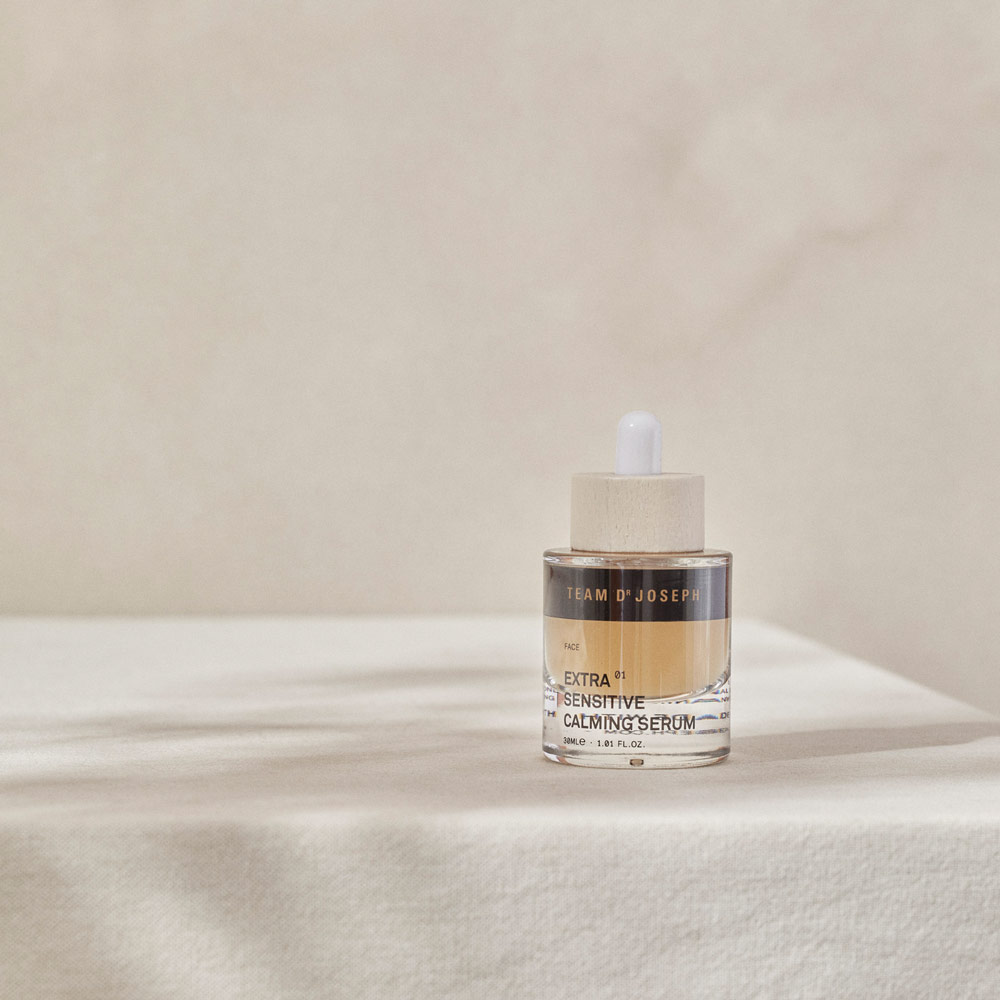
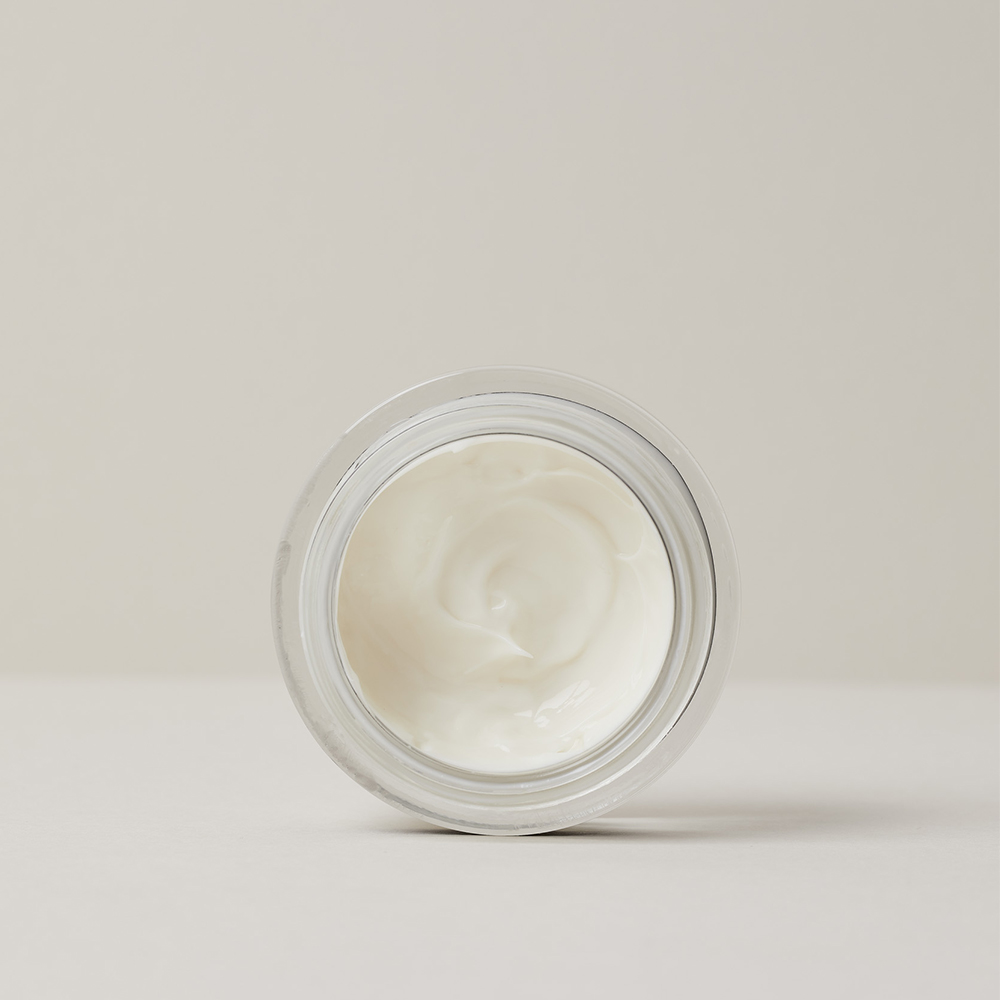
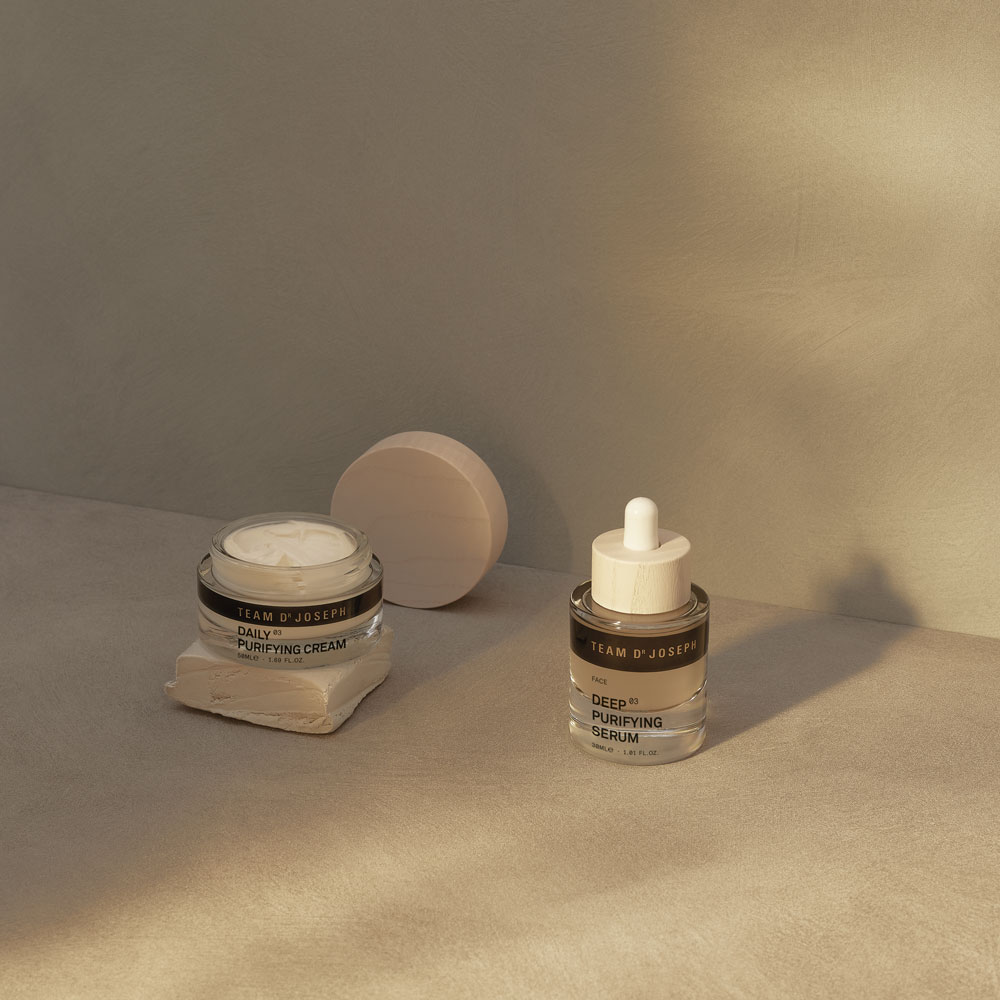


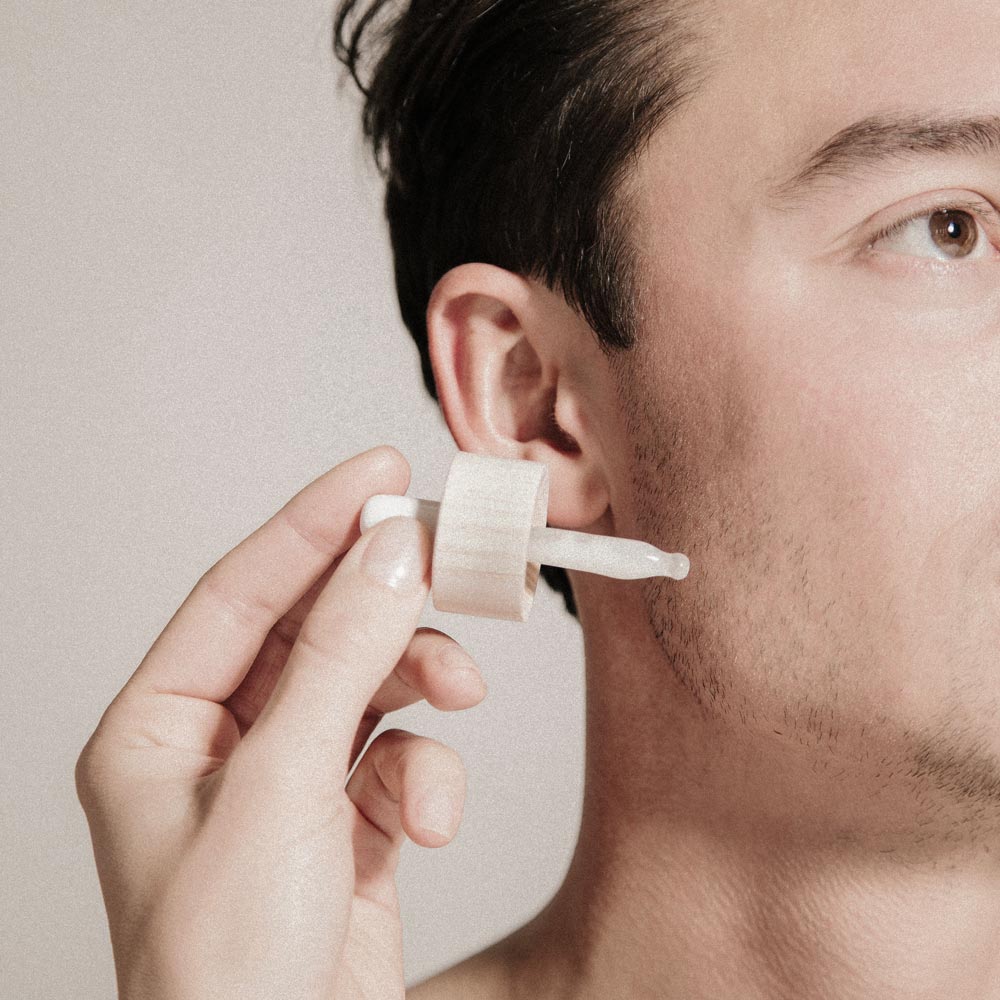

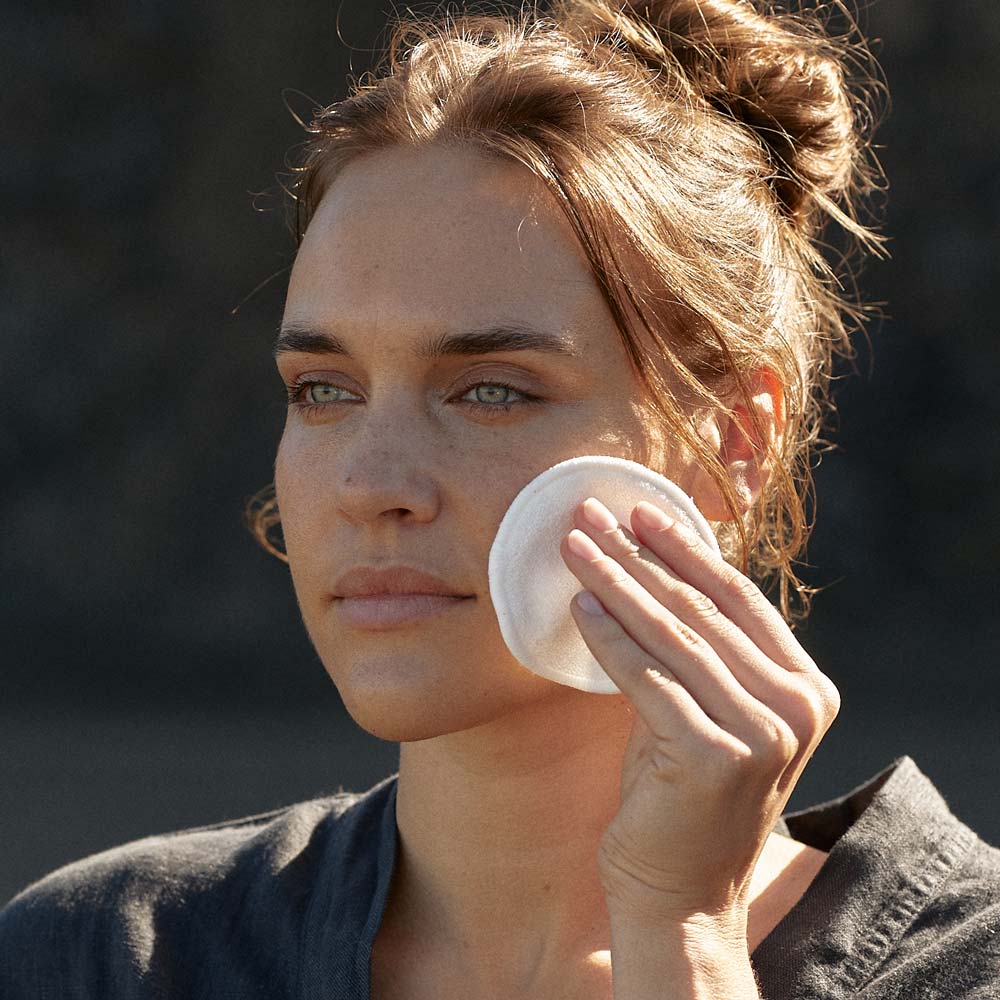
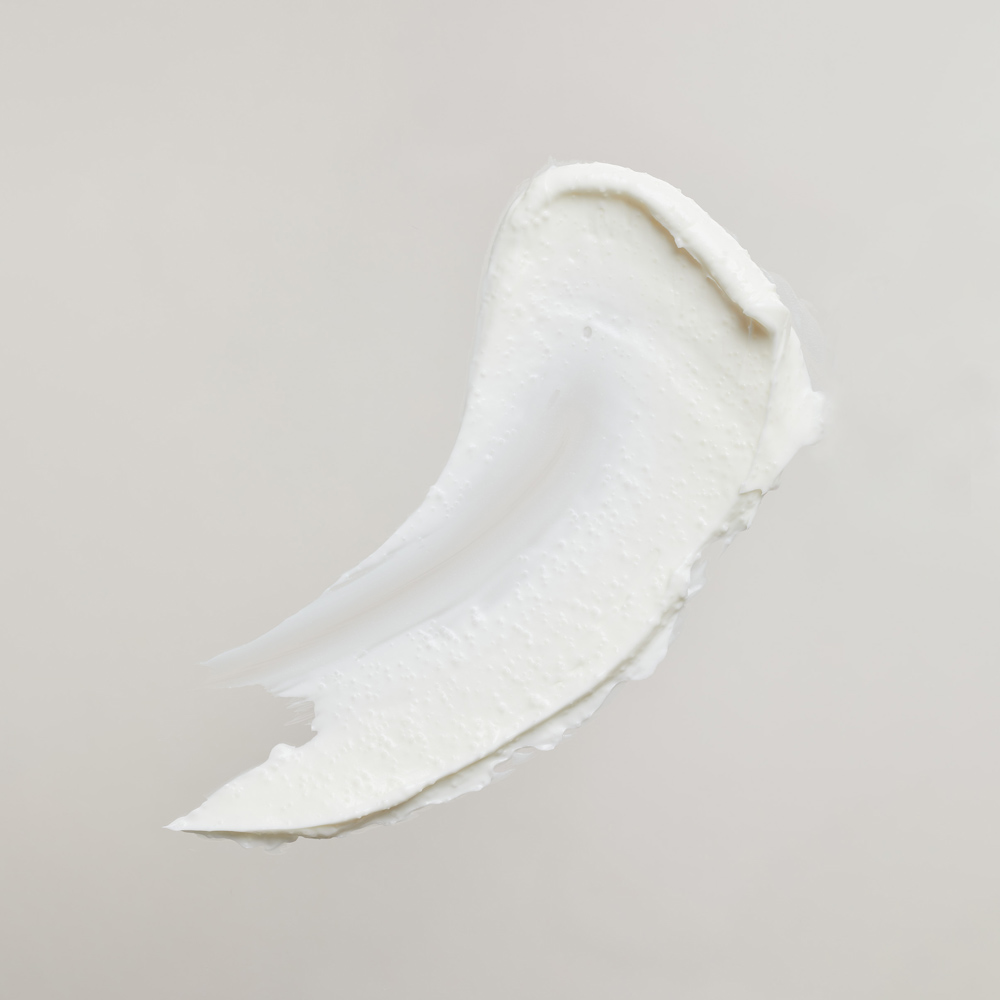
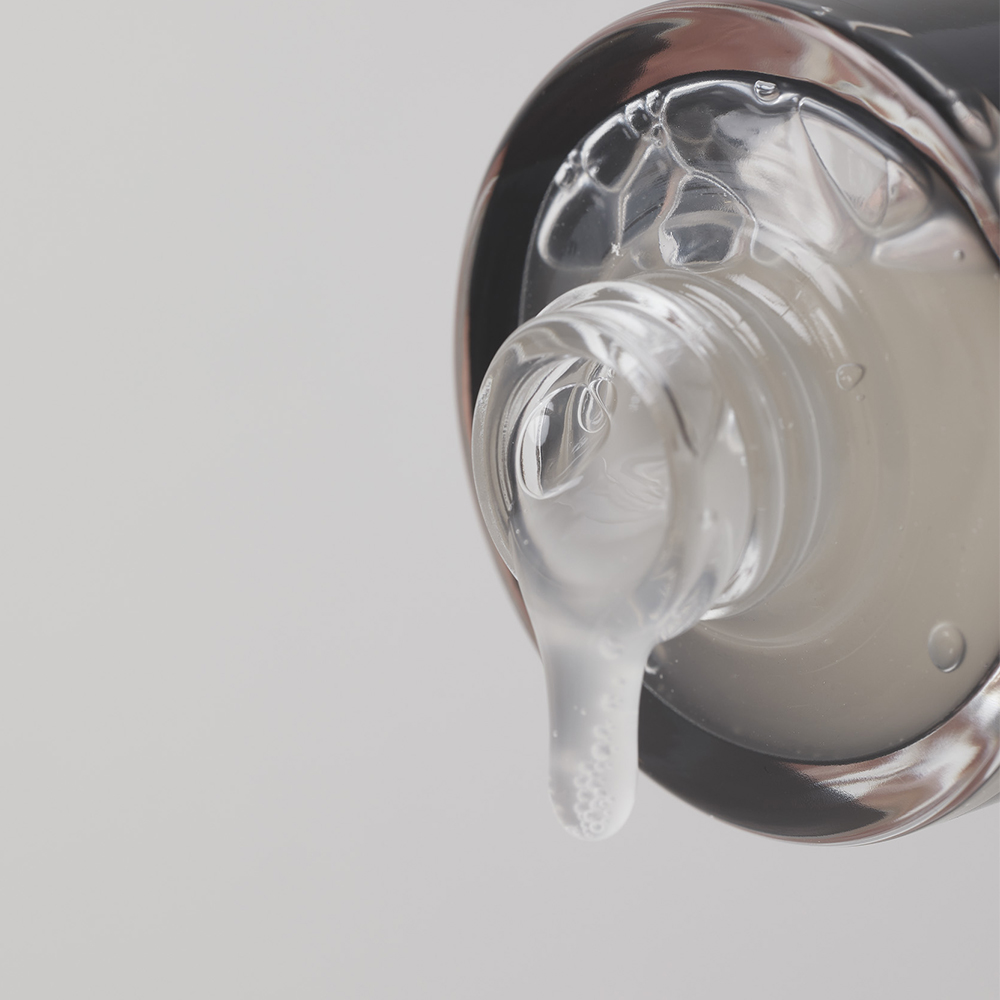

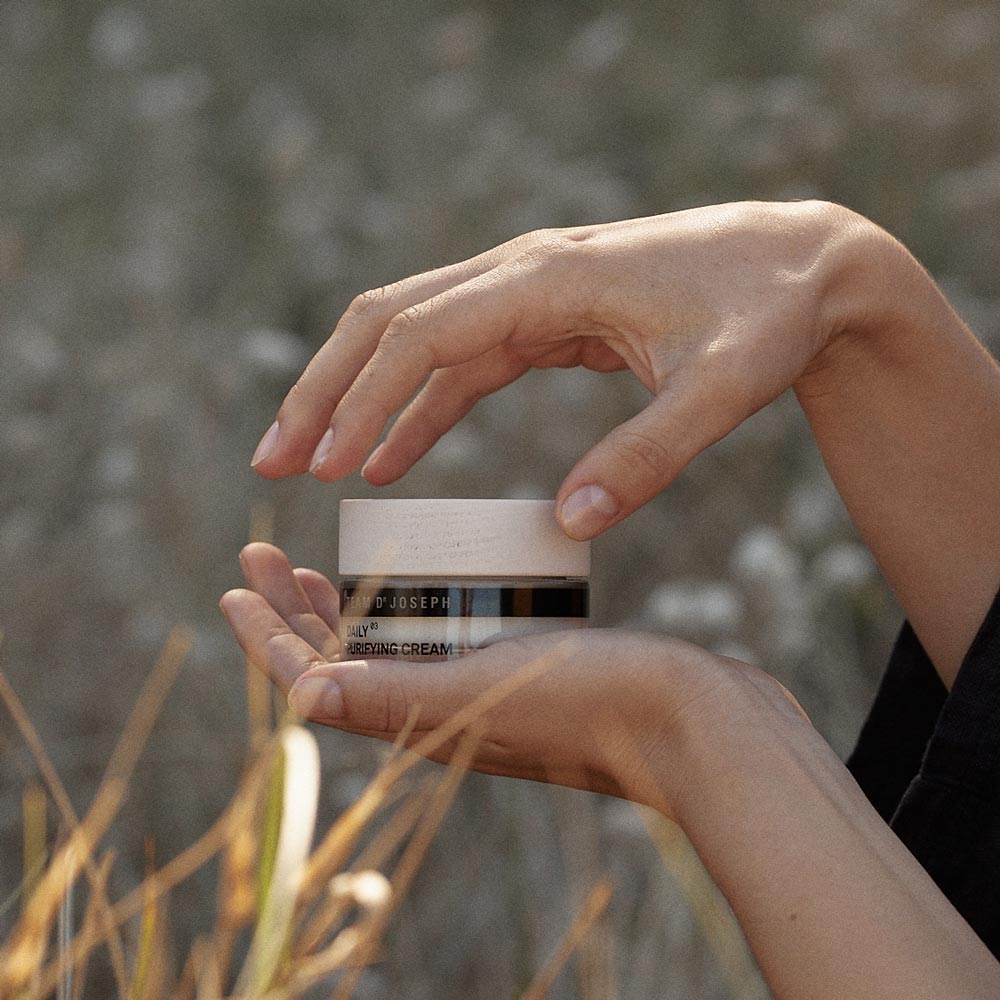
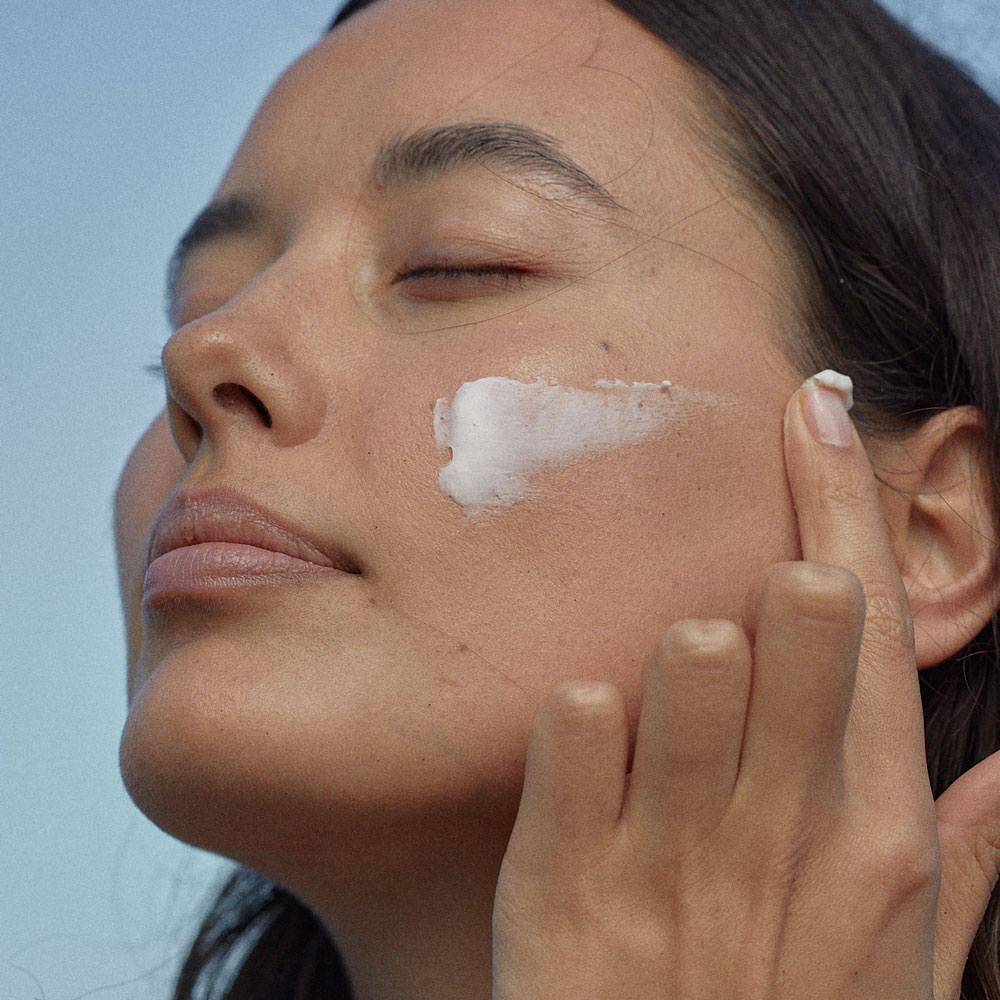


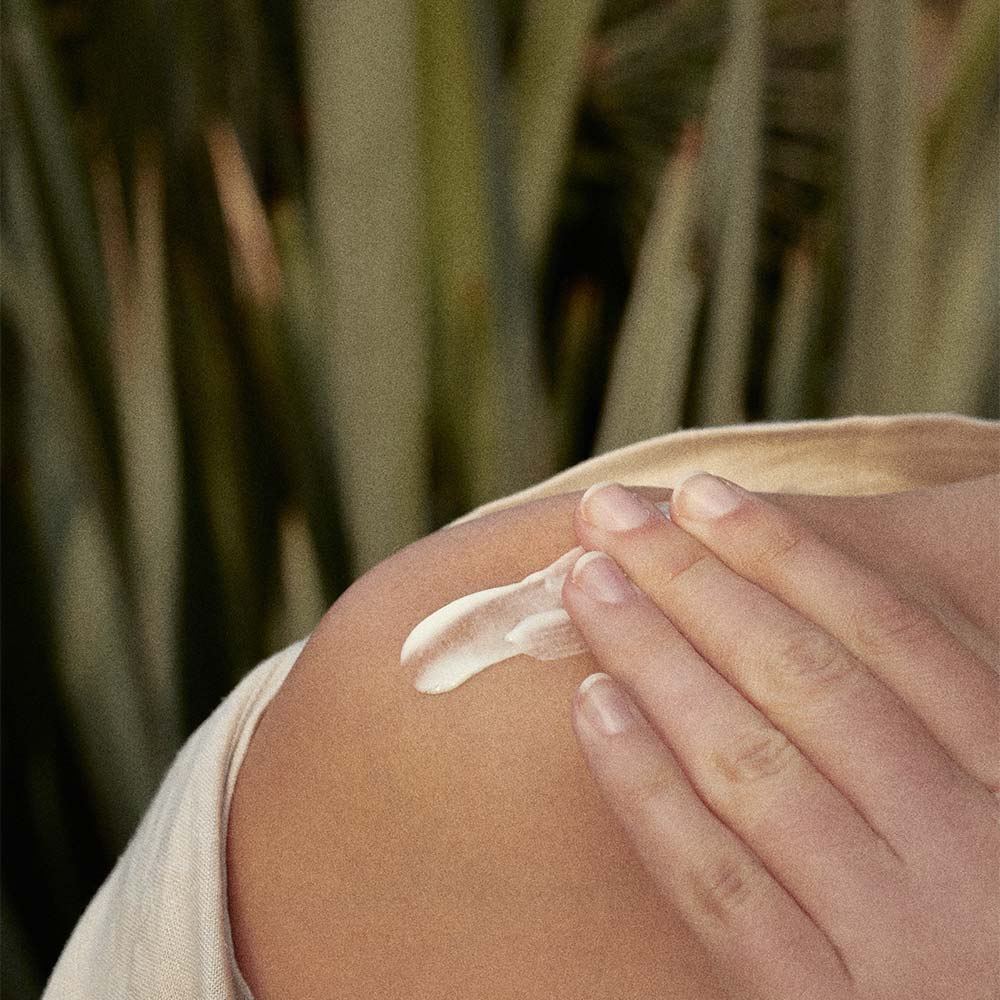
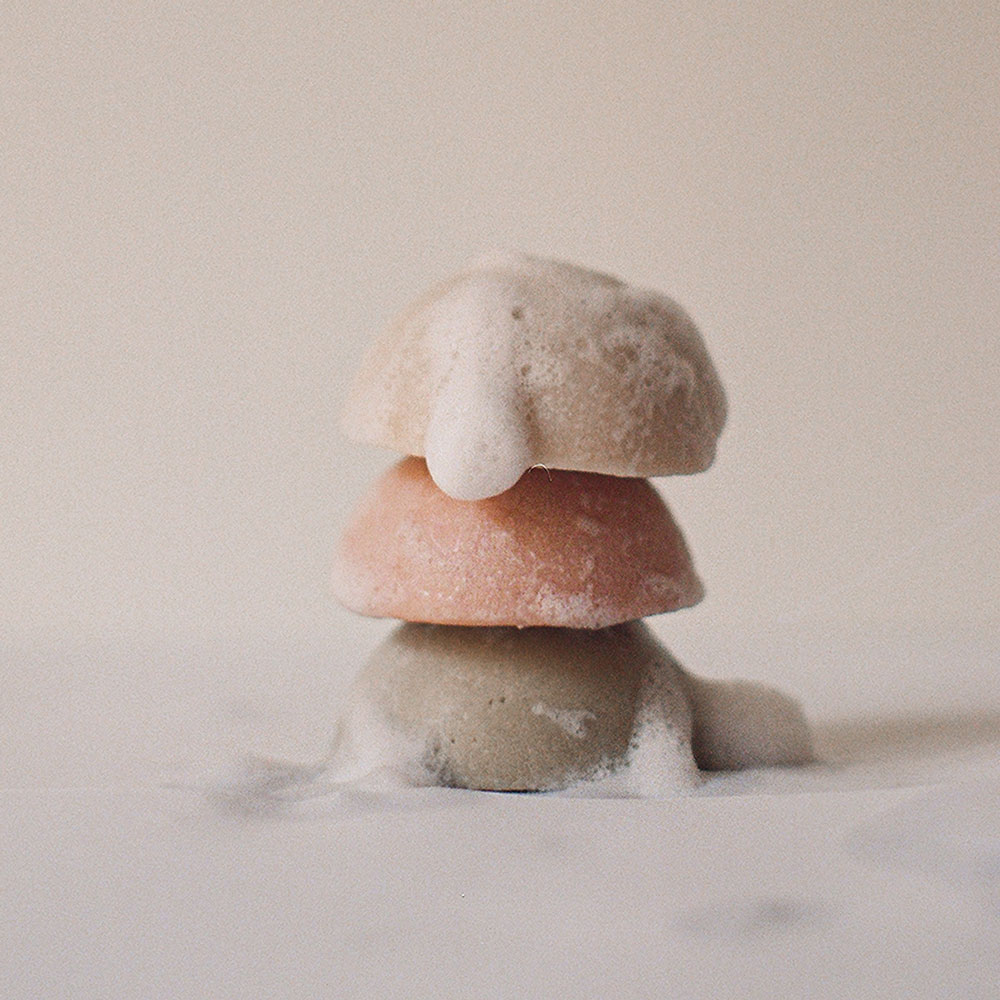
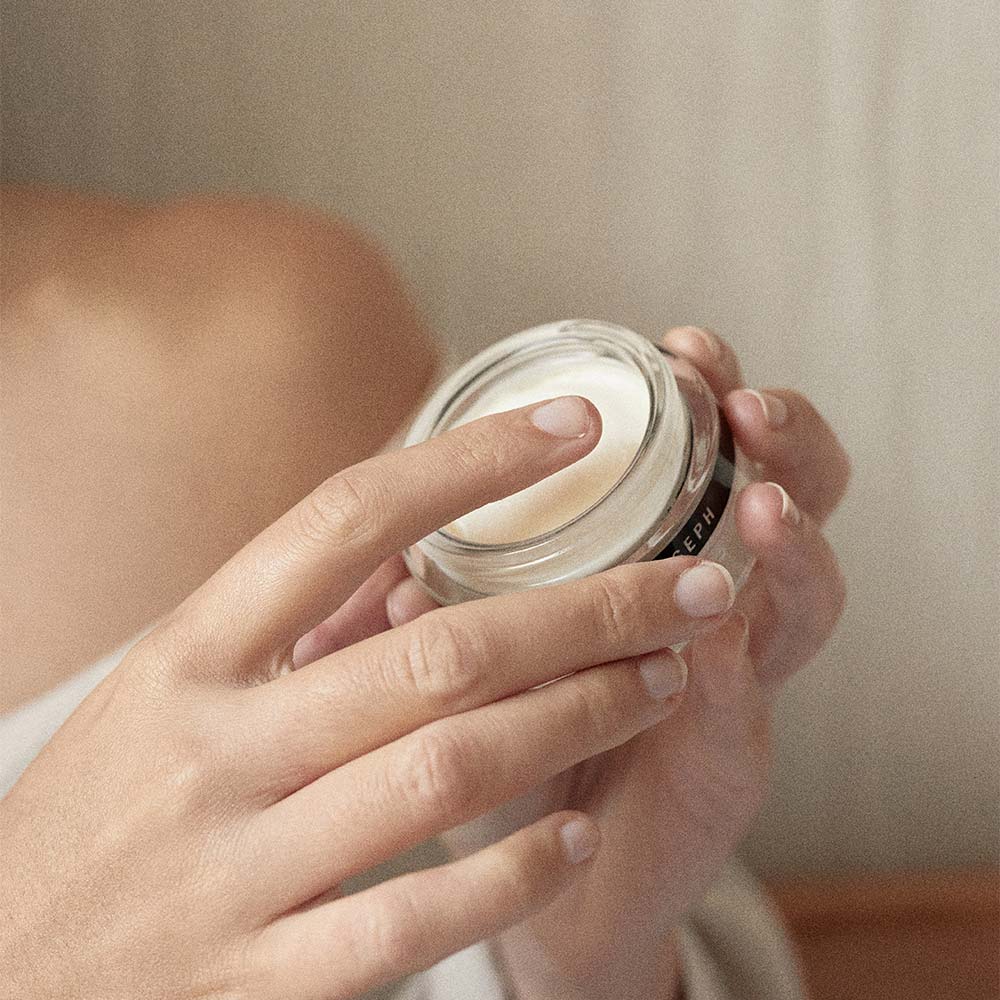

















.png)

